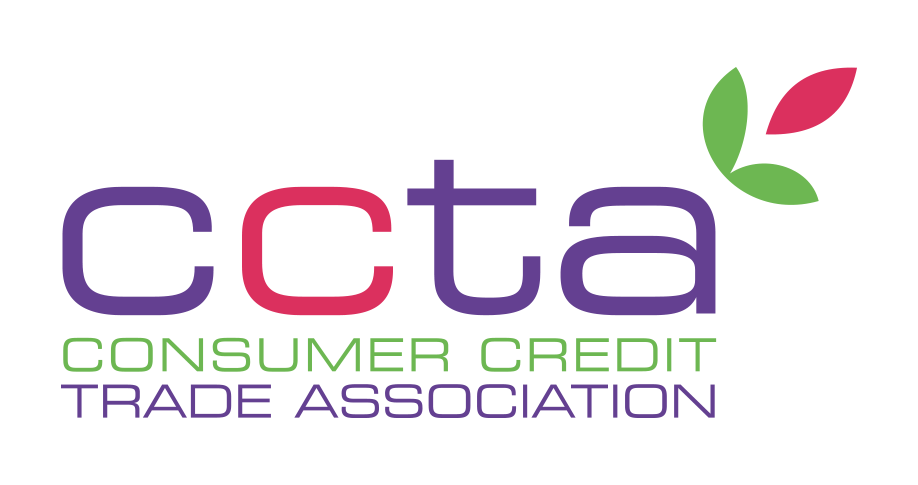How to Identify a Scam
In today’s highly digitalised and technological world, crime has gone online - issues like identity theft, credit card fraud and cybercrime are real, growing problems many countries face. In the age of online shopping and internet banking, online scams are becoming more and more commonplace. Though protective software has been developed, scammers and fraudsters continuously improve and adapt their methods - meaning it’s still possible for anyone to fall into their traps.

Some Scam Stats
Cybercrime and other forms of online fraud or scams are never victimless. Crime feeds into crime, and more often than not the funds obtained through online criminal activity are used to endorse other forms of crime like human trafficking, illegal drug sales, and even terrorism.
No single country around the world is free of online scams, with countries around the world reporting massive losses due to cybercrime:
- - more than three million UK citizens fall prey to online scams every year
- - crime figures in the UK reflect a 60% increase in online fraud cases through identity theft and online scams
- - identity fraud costs UK residents a massive £3.3 billion every year
- - in 2019, Australia reported nearly $143,000,000 lost due to scams, with investment scams causing the greatest loss
- - phishing scams were the most reported type of cyberfraud in Australia in 2019
- - in the US, 76% of businesses reported being a victim of phishing in 2019
- - 60% of Americans say they or a close family member help rebuild poor or bad credit have been a victim of a scam
Protect yourself online and take a look at the following helpful ways of identifying an online scam.
New Phone, Who’s This?
Have you ever received a call from an unknown number claiming to be from either your bank or a financial company with which you have ties? A common scam taking place involves scammers calling individuals, pretending to be from a reputable financial company. During the call, they usually inform people that their account or personal information has been hacked or illegally acquired and that they require you to confirm your details to enable them to correct the issue. By confirming your personal details, you actually equip the cyber thieves with the exact information they need to burgle you! This type of scam boasts a massive 29% share of all scams taking place in the UK.
Protect yourself from this scam:
- - try to identify the caller
- - ask them questions only your bank or financial institution would know the answer to
- - check financial records before verifying anything; log onto online banking or check statements to verify whether the information you have been provided with is accurate
- - if you are really unsure, hang up and contact the financial institution yourself to check whether the call was legitimate
Fake Emails Galore
Email is a very popular method of communication these days, and many people have access to their email accounts on their cell phones. Scammers are aware of this and use it to their advantage by creating fake emails and email addresses from fictional companies, or they impersonate other companies by using their branding. This method of scam, which is also a popular phishing practice, is becoming increasingly common - of all scams in the UK, 30% are done through email - and while many of these emails are obviously fraudulent, some are quite convincing!
Protect yourself from this scam:
- - don’t click on links, images or buttons contained in emails whose senders you are not familiar with
- - regularly check and empty your spam bin
- - check for spelling or grammatical errors within the email’s content
- - check the sender’s email address; scammers may try to impersonate the email domain of a reputable company (for e.g. support@micro-soft.com where Microsoft has been split)
- - if you receive an email from someone with whom you have not corresponded before and are not expecting an email, it may be best not to open it.
Getting ‘Catfished’ is No Joke
Dating has never been easier, faster, or more technologically advanced than it is now, with apps and websites like Tinder providing instant access to single individuals around you. However, not everyone is honest when creating their dating profile, and some individuals’ interests are downright sinister. Getting ‘catfished’ is a growing trend: a person will create a fake dating profile using photos of an attractive individual (i.e. not a real photo of themselves) and lie about who they are to trick people into connecting with them. Sometimes this phenomenon can be a harmless activity that results in not much more than hurt feelings, but there have been a growing number of incidents around the world wherein people find themselves in grave danger after actually meeting with the person!
Protect yourself from this scam:
- - always check the spelling and grammar of the person you’re talking to, as poor language use can sometimes reveal scammers
- - use image search tools like Google Images to learn more about the person with whom you are talking; this nifty tech tool can help you determine if your match is who they say they are!
- - don’t provide personal information, especially addresses, before you are absolutely sure about the person and feel safe to meet with them
- - if you are unsure of anything, stop speaking to the person or, where necessary, report any suspicious activity to the authorities.
General Rules to Avoid Being Scammed
Statistics show that the number of scams and online fraudulent activities continues to grow every year. Crimes like identity theft and phishing can leave you with an empty bank account, or worse. Don’t become a victim - follow these simple guidelines to stay safe on the internet:
- - always use strong, unique passwords for your online accounts, and if possible, avoid using the same password more than once
- - regularly change your passwords, especially for online banking or any online accounts linked to your personal finances
- - always check your financial statements for irregularities - sometimes you can be a victim of fraud or a scam without knowing it!
- - keep personal information private and don’t share your login details with anyone
- - never open suspicious texts, emails or attachments
- - keep your devices secure by pin or password protecting them; make sure you are the only one with access!
- - read and regularly review the privacy and security settings on social media to ensure your personal information is always secure
- - when shopping online, ensure the store is legitimate before making or committing to a purchase
- - when making use of sites like Facebook Marketplace or other second-hand sales sites, ensure you check or test the goods before purchasing, and don’t make electronic payments

